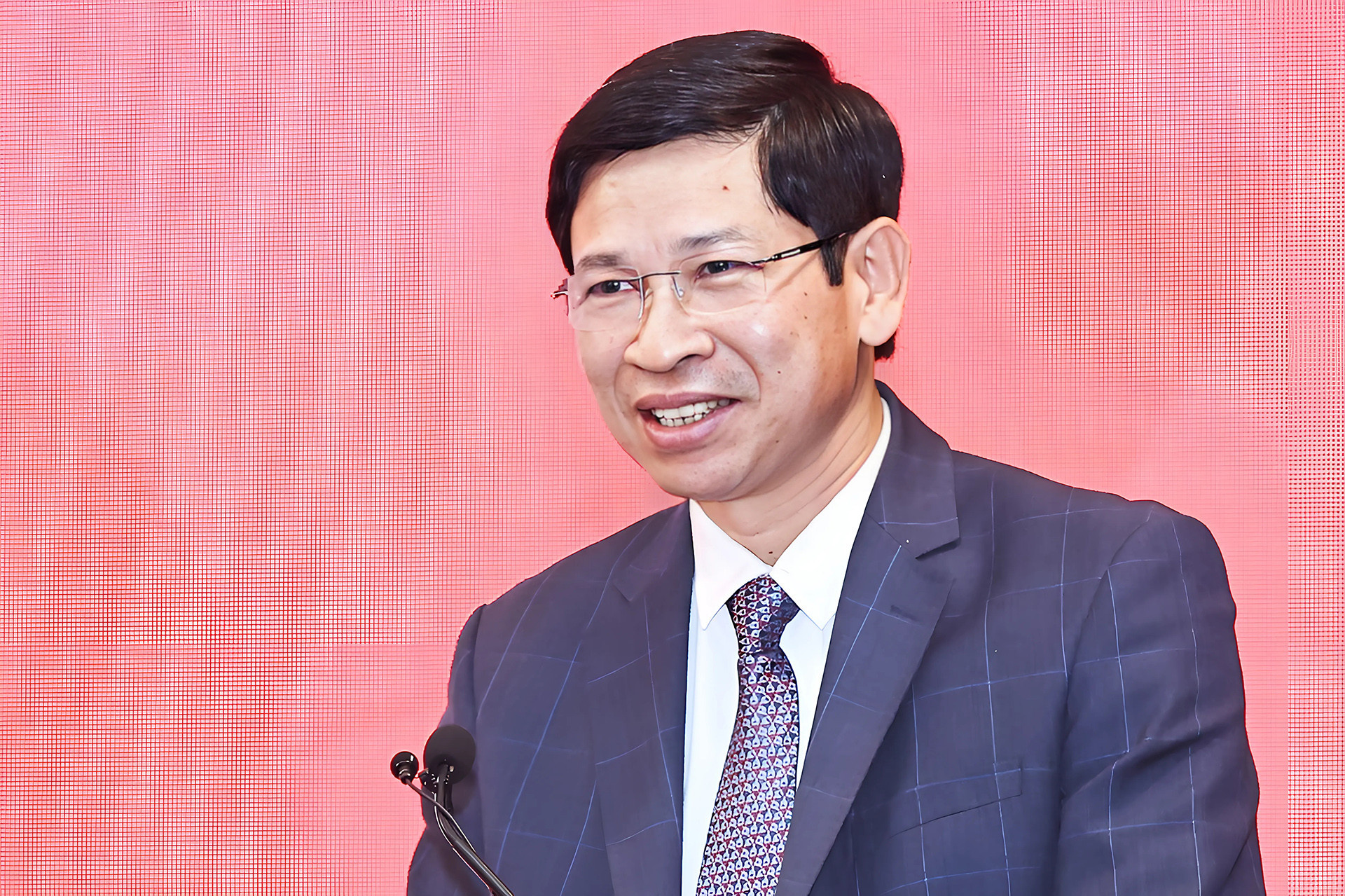
At the 2024 year-end review conference of the Ministry of Information and Communications (MIC) on December 29, Ho An Phong, Deputy Minister of Culture, Sports, and Tourism (MCST), highlighted the extraordinary recovery of Vietnam’s tourism sector in 2024, driven by significant contributions from digital transformation.
In 2024, Vietnam welcomed 17.5 million international visitors, up 3.59% from 2023, while generating 850 trillion VND ($36 billion USD) in total revenue, a 23.8% increase. Domestic tourism also flourished, with 110 million local trips recorded.
Digital transformation shifted the industry from business-to-business (B2B) to business-to-consumer (B2C) models, minimizing reliance on intermediaries as tourists booked services directly online.
“Digital transformation is essential and inevitable for tourism. Technologies like artificial intelligence (AI) and smart platforms enable rapid and sustainable growth,” Deputy Minister Ho emphasized.
Advancing with smart tourism
Under government directives, Vietnam’s tourism sector has embraced diverse digital transformation initiatives. Cities such as Ho Chi Minh City, Hanoi, and Da Nang have launched advanced technology applications:
Ho Chi Minh City developed a smart tourism app and a 3D virtual city tour.
Hanoi integrated intelligent tourism solutions into its information portal.
Da Nang employed virtual reality (VR360) and bilingual auto-narration for immersive tourist experiences.
These initiatives enrich visitor experiences, presenting destinations more interactively and vividly.
Strategic goals for smart tourism

In 2024, the MCST focused on building a comprehensive smart tourism ecosystem, enhancing management, improving business practices, and elevating visitor experiences.
Key initiatives included:
Developing criteria for a National Digital Tourism Management Platform.
Publishing guidelines and organizing training programs for local authorities and businesses.
Launching projects on heritage digitization, smart tourism, and the Ministry’s command center.
Collaborations with international organizations, social media platforms, and global partners are also advancing Vietnam’s integration into worldwide smart tourism networks.
Overcoming challenges
Despite positive outcomes, challenges persist, such as high resource demands, inconsistent digital infrastructure, and a need for skilled human capital.
Deputy Minister Ho expressed optimism, stating, “With the government’s leadership, strong collaboration, and societal support, tourism can achieve new milestones. Digital transformation can propel Vietnam’s tourism to double-digit growth.”
He emphasized that with Vietnam’s natural resources, cultural heritage, and innovative platforms, the country could match global tourism standards within 7 to 10 years.
Du Lam